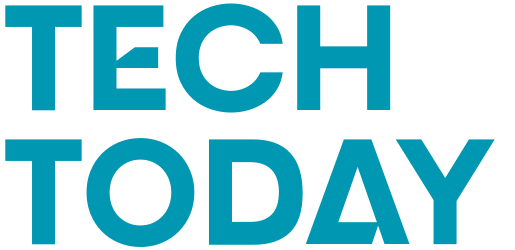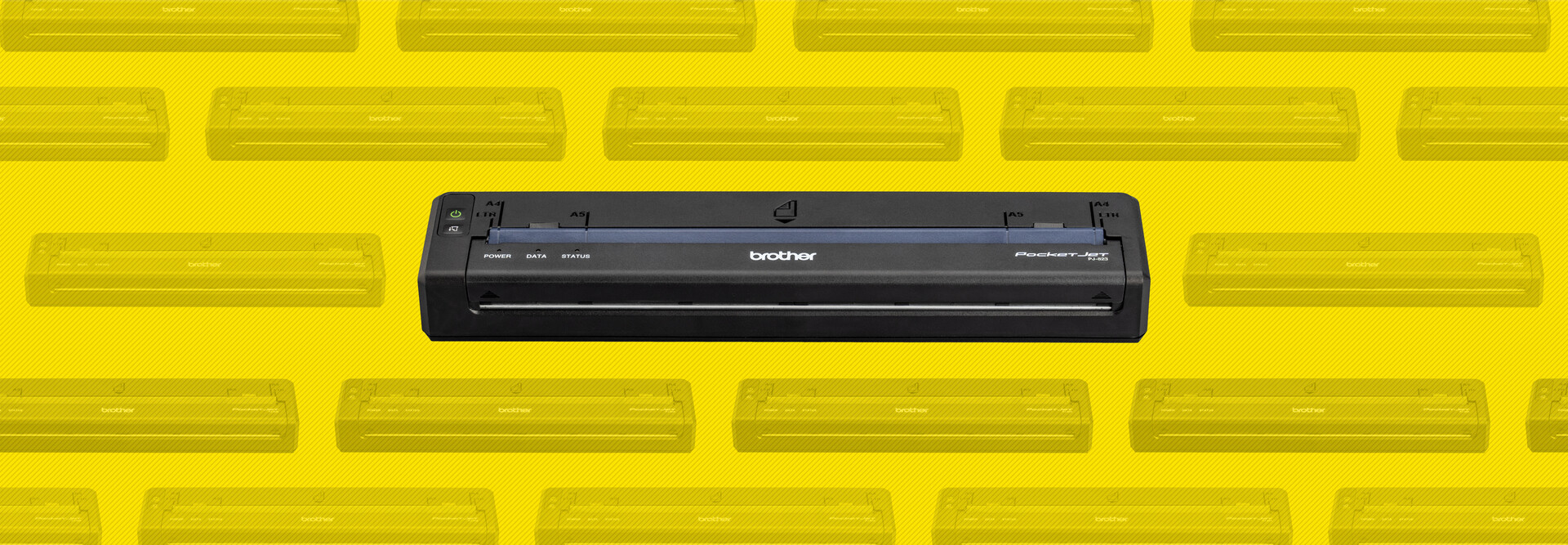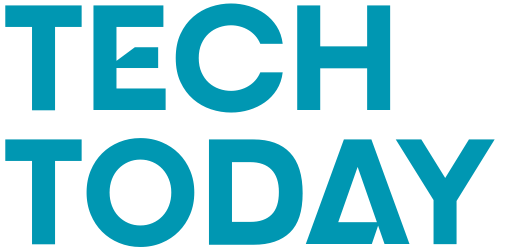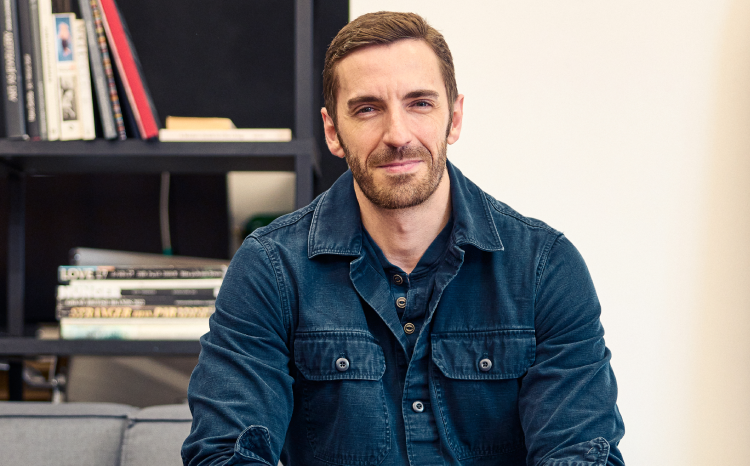UK startup Aide Health has launched an AI scribing tool to summarise consultations for patients, so that they can remember medical advice.
Research shows up to 80% of medical advice is forgotten immediately, and nearly half of what is remembered about medicine is inaccurate, which can lead to missed medication, unclear instructions, and poorer health outcomes, costing the NHS an estimated £1 billion a year.
Aide Health’s ‘medical memory’ app, called Mirror, listens during healthcare consultations and produces a plain-English summary so that medical advice is not lost when the patient leaves the room.
It uses audio recordings to create written summaries and then automatically deletes the recordings to maintain privacy.
Ian Wharton, founder and chief executive of Aide Health, said: “20 million face-to-face GP appointments were recorded in England in June of this year alone. That’s tens of millions of instructions, diagnoses, and treatment plans at risk of being lost or misinterpreted.
“We created Mirror for patients, not clinicians, because understanding and remembering clinical information is one of the most important and fixable issues in healthcare.
“Imagine leaving any appointment with a clear, personalised summary that makes you feel more in control of your health. That’s why we designed Mirror.”
The app is designed for all types of medical interactions at GP surgeries, hospitals, pharmacies, or other healthcare settings.
Users can access their notes at any time, get explanations of medical topics, share appointment summaries with family members or caregivers, and ask Mirror questions about their consultation, receiving answers based on what was said to help boost understanding and treatment adherence.
Patients are reminded that AI can make mistakes and encouraged to confirm uncertainties with their healthcare professional.
Mirror was inspired by Wharton’s experience supporting his father, who has early-stage Alzheimer’s, during a hospital admission after a fall and broken hip.
“The volume and complexity of medical information given to him at the bedside, only days after trauma while in an unfamiliar environment, meant little, if anything, was remembered.
“We were with him nearly the entire time, but my biggest fear was something crucial being missed in the moments he was alone. No patient or family member should experience that worry or sense of isolation with the technology we have available to us today,” Wharton said.
Aide Health’s AI tools are used across the NHS in England to support patients with long-term conditions such as asthma, type 2 diabetes, chronic obstructive pulmonary disease, hypertension, and chronic kidney disease.
In September 2023, Eden Primary Care Network selected the firm to help patients living with asthma, type 2 diabetes and hypertension to manage their health.
Meanwhile, Dr Alec Price-Forbes, chief clinical information officer for England, announced that NHS England is launching a national ambient voice technologies (AVT) self-certified registry for suppliers to show evidence of compliance.
He said the new registry is a “tactical response” to the use of AVT in the NHS.











